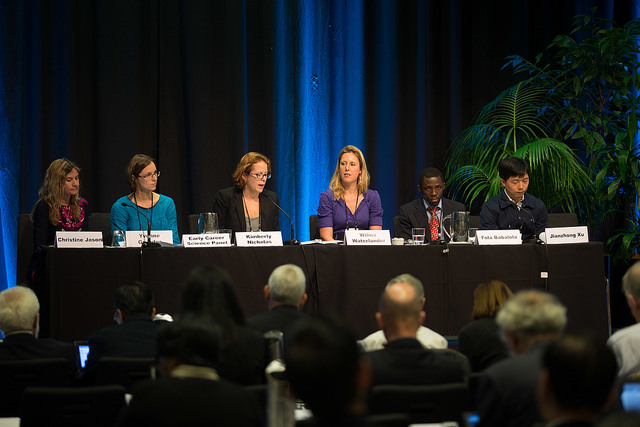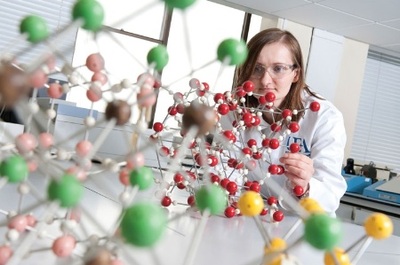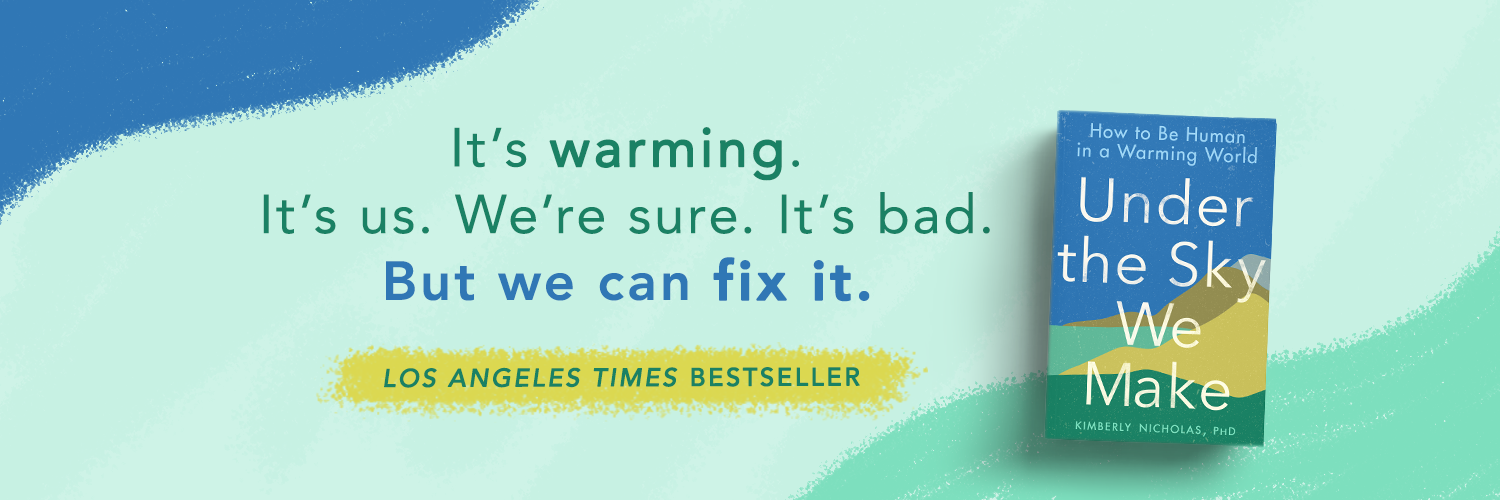Early Career Scientist Panel at the International Council for Science
General Assembly (#ICSUGA)
|
I chaired the Early Career Scientist panel at the International Council for Science (ICSU) General Assembly in Auckland, New Zealand on September 3, 2014. ICSU is like the United Nations of science; its members are 121 National Academies (elected bodies of a country's most distinguished scientists) and 32 Scientific Union members, representing scientists from disciplines from astronomy to toxicology worldwide. (Please see my earlier blog post to learn more about our panel.)
|
On our panel, we discussed the value that early-career scientists could contribute to science, and ways that ICSU and its members could better support early-career scientists to achieve its strategic priorities (promoting international research collaborations, science for policy, and universality of science). We identified three priority areas:
For more information, you can find a working draft of our Early-Career Scientist presentation text here, including the full decision text. Comments welcome! The slides we presented are up on Slideshare.
We asked for advance input on issues to discuss in our panel and beyond via social media; you can see the compilation of responses to the #EarlyCareerSci conversation leading up to the ICSU GA, and my personal curation of the SciAdvice14 and ICSU GA conferences, at this Storify page (covers through Wednesday morning, not including our panel).
For a nice view of what happened at the entire ICSU GA, I recommend this complete Storify that covers the live Twitter updates from the whole meeting from start to finish. This Storify was made by science communicator Ivan Fernando Gonzalez, who followed the #ICSUGA from Seattle over Twitter. As he said, "One of the things I love about Twitter is to travel from my desk." Thanks Ivan!
- Integrating early-career scientists in agenda-setting and leadership roles
- Developing mentoring and career support networks
- Providing opportunities and incentives to engage in science for society
For more information, you can find a working draft of our Early-Career Scientist presentation text here, including the full decision text. Comments welcome! The slides we presented are up on Slideshare.
We asked for advance input on issues to discuss in our panel and beyond via social media; you can see the compilation of responses to the #EarlyCareerSci conversation leading up to the ICSU GA, and my personal curation of the SciAdvice14 and ICSU GA conferences, at this Storify page (covers through Wednesday morning, not including our panel).
For a nice view of what happened at the entire ICSU GA, I recommend this complete Storify that covers the live Twitter updates from the whole meeting from start to finish. This Storify was made by science communicator Ivan Fernando Gonzalez, who followed the #ICSUGA from Seattle over Twitter. As he said, "One of the things I love about Twitter is to travel from my desk." Thanks Ivan!
Resources for Early-Career Scientists
Here is an initial list of organizations and resources for early career scholars, with brief descriptions taken from their websites (please follow links for more information). Many thanks to those who suggested these resources via social media using the #EarlyCareerSci hashtag- you are acknowledged below and encouraged to keep the conversation going. Suggestions for additional resources welcome to @KA_Nicholas!
Organizations
Global
National
Diversity
Publications
Early-career scientists
Engaging in science policy
Women in science
Additional Twitter accounts to follow (thanks for promoting the #EarlyCareerSci conversation):
@BlackPhysicists
@SabrinaCollins
@laurap18
@EvaAlisic
@INNGEcologist
#ECRChat (Early Career Research chat)
#ECR (Early Career Research)
#WomeninSTEM (women in Science, Technology, Engineering and Mathematics)
Organizations
Global
- Global Young Academy: "As the “voice of young scientists around the world,” the Global Young Academy aims to empower and mobilize young scientists to address issues of particular importance to early career scientists. Current working groups focus on improving Early Scientific Careers, Science-Society Dialogue, Science-Education, and Interdisciplinary Research." (source: GYA homepage). Twitter: @GlobalYAcademy
- World Association of Young Scientists (WAYS Remixed). "The World Association of Young Scientists (WAYS) is a global, volunteer-run, non-profit and community-driven collaborative Science network - Become a member for Free and gain access to our vast knowledge base, science resources, message boards and community. WAYS is the largest grassroots, collaborative scientific community for young scientists in the world." (source: WAYS homepage). Twitter: @ways_remixed, via @margagual
- Postdoc Training: "PostdocTraining is for postdocs who want to be as effective and productive as possible in their current and future positions. The program is purpose-built to help postdocs succeed with confidence and skill, while supporting them to plan and pursue their preferred careers successfully.PostdocTraining provides comprehensive, balanced advice with practical tools, all delivered in ways to suit the time-poor. It’s the program I wish I’d had when I started as a researcher!" (Source: homepage). Twitter: @PostdocTraining
- Young Academy of Europe: "The YAE is a pan-European initiative of outstanding young scientists who wished to create a platform for networking, scientific exchange and science policy."
- Sci-GENERATION: A new COST (European Cooperation in Science and Technology) initiative. "The Network will set up bottom-up and pan-European platform for young, outstanding European next generation researchers (including ERC Starting Grantees and other talents from less research-intensive countries) in order to share and transmit their visions on emergent research paths and research policy as well as their experience and ideas." (Source: COST website)
National
- National Postdoctoral Association: Based in the US, the "NPA is a 501(c)3 educational nonprofit organization that seeks sustainable change and improvement for the postdoctoral experience through collaboration with all stakeholders. The NPA's key program activities are focused in three key areas: advocacy and education, resource development, and community building." (source: NPA website, "What We Do"). (via @JulietAdvocNPA). Twitter: @nationalpostdoc
Diversity
- MinorityPostdoc.org: focusing on articles, resources, events, jobs, funding, mentoring, career advice for diverse postdocs in STEM disciplines. Twitter: @MinorityPostdoc
Publications
Early-career scientists
- "The Global State of Young Scientists: Report and Recommendations." Based on a survey of over 600 scientists, and interviews with over 40, conducted by the Global Young Academy. Summaries of their findings were reported in Science ("An Emerging Global Picture of Early-Career Scientists", by Elisabeth Pain, and Nature ("'Extreme' workloads plague scientists at the start of their careers" by Elizabeth Gibney). (via @EvaAlisic)
Engaging in science policy
- Judy L Meyer, Peter C Frumhoff, Steven P Hamburg, and Carlos de la Rosa 2010. Above the din but in the fray: environmental scientists as effective advocates. Frontiers in Ecology and the Environment 8: 299–305. http://dx.doi.org/10.1890/090143 (via Lisa Moore, @LMooreEDF).
Women in science
- Article on the "baby penalty" paid by female but not male academics: http://chronicle.com/article/The-Baby-Penalty/140813/ (via Amber Kerr).
- "Want to keep women in science? Pay postdocs more." Article by Jennifer Bussel, May 2013. (via @carlyziter)
Additional Twitter accounts to follow (thanks for promoting the #EarlyCareerSci conversation):
@BlackPhysicists
@SabrinaCollins
@laurap18
@EvaAlisic
@INNGEcologist
#ECRChat (Early Career Research chat)
#ECR (Early Career Research)
#WomeninSTEM (women in Science, Technology, Engineering and Mathematics)



